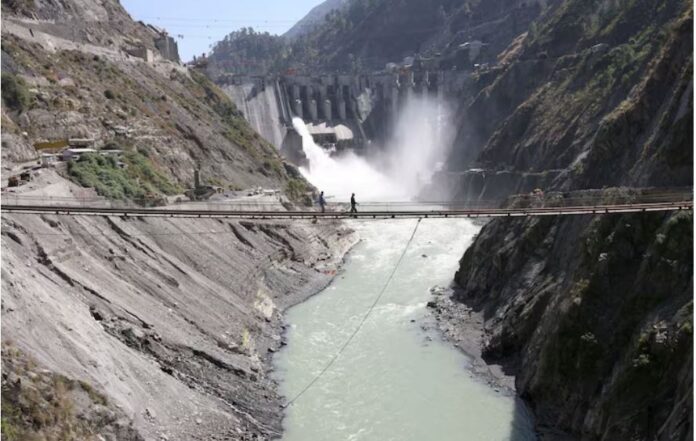The Permanent Court of Arbitration (PCA) ruled in favor of Pakistan regarding the interpretation of the Indus Waters Treaty (IWT), asserting that India must continue allowing the unrestricted flow of water from the Western rivers for Pakistan’s use.
According to media reports, the binding award, issued on August 8, 2025, follows a case Pakistan brought to the court in 2016. The PCA emphasized that arbitration awards and decisions from Neutral Experts are final and binding for both parties.
The dispute centered around India’s plans to build run-of-river hydroelectric plants on the Western rivers, including the Indus, Jhelum, and Chenab. Pakistan contended that India’s designs violated IWT provisions, while India did not participate in the proceedings but was kept informed and invited to join at every stage.
The PCA ruled that India must strictly adhere to IWT provisions regarding the design of hydroelectric plants, rejecting any “best practices” approach that India might consider. The court also set clear design restrictions on dams and associated facilities to ensure Pakistan’s downstream water rights are protected. This includes prohibiting low-level outlets of water unless necessary for technical reasons, and restricting the use of gated spillways.
Furthermore, the PCA specified that the pondage required for hydroelectric plants must be calculated based on the minimum mean discharge over a seven-day period, limiting the amount of water that can be stored. It also restricted the freeboard—the height needed to prevent dam overtopping—to the minimum required for dam safety.
The ruling also recommended that India and Pakistan collaborate from the early stages of any new hydroelectric plant planning to address any concerns Pakistan may have regarding dam designs.
Although the PCA ruled in favor of Pakistan on the flow of water, the specific cases involving India’s Ratle and Kishanganga dams are yet to be resolved and will be addressed in future proceedings.
Experts have called the PCA’s decision a significant victory for Pakistan, reaffirming its water rights under the IWT. Former Indus Water Commissioner Jamaat Ali Shah emphasized that India’s move to hold the IWT in abeyance was rejected by the court, which upheld Pakistan’s right to water from the Western rivers.
The ruling further strengthens Pakistan’s position on the international stage and brings clarity to the application of the IWT, which aims to balance the water needs of both countries while protecting Pakistan’s interests as the downstream riparian.























